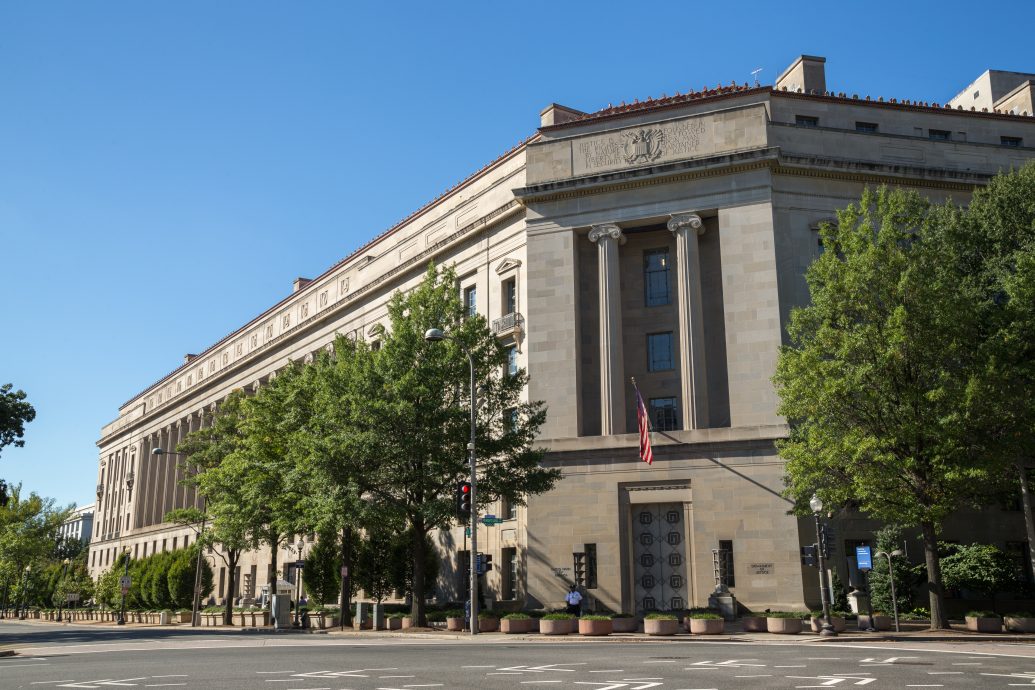Congress Should Not Insulate Robert Mueller from Removal
I know Bob Mueller from my days at the Justice Department. I thought he was an upstanding head of the criminal division. I certainly do not believe the President should fire him. Nevertheless, I oppose any congressional statute that would insulate him from removal. It is unconstitutional.
In yesterday’s New York Times, Eric Posner makes the case for such a provision. But his arguments for constitutionality are weak as a matter of originalism and his policy arguments betray a partisan failure of memory. His leading constitutional argument is as follows:
James Madison never argued for a complete separation of powers; he believed that the powers needed to be partly mixed so that the branches could restrain one another. That’s why the president has, for example, the veto, a legislative power since it influences legislation.
Indeed, the Constitution expressly gives some of the traditional executive powers to the Senate, like the power to make treaties, which had been the executive’s alone, just as it gives some of the legislative power to the President in the form of the veto. But these express, specific exceptions count against creating other exceptions to the traditional powers of the branches, because of the usual rule of textual interpretation: Expressio unius est exclusio alterius (when one or more things of a class are expressly mentioned others of the same class are excluded). And at the time of the Framing prosecution was the quintessential executive power and thus given wholly to the President under Article I.
Posner than argues that since Congress has the power to create offices, it can insulate officers from removal under the Necessary and Proper Clause. But that begs the question of what is proper and the interpretation offered above suggests it is not proper. Or does Posner believe that Congress should be able to use it power under the clause to insulate the Attorney General and other cabinet officers from removal?
Posner finally argues that the President did not control officeholders in the early republic. As my colleague, Steve Calabresi, and Sai Prakash have shown, this is simply not true. And in fact all the early Presidents claimed power to control subordinates within the executive branch, because that authority too was at core of traditional executive power at the time of the Framing.
Posner next claims that out-of-control prosecutors are aberrations: Ken Starr was the unfortunate exception in his prosecution of Democratic President Bill Clinton. Posner forgets what Republicans remember: Lawrence Walsh indicted former Secretary of Defense Cap Weinberger a week before the 1992 election, an indictment that was damaging to George H.W. Bush but against the Justice Department traditions and guidelines that attempt to prevent indictments from influencing elections. Keeping a special prosecutor wholly accountable to his Justice Department superiors in the way that any prosecutor is the best way to prevent these abuses.
And I am not persuaded that this kind of provision is necessary anyway. The President will be advised that firing Mueller would likely end his Presidency, just as Richard Nixon’s firing of Archibald Cox did. There would be enormous pressure to appoint a replacement as well as for impeachment and the President would be left worse off than before. Indeed, a statutory special prosecutor may be less necessary when he is investigating the President than the President’s subordinate officials, because of the enormous attention that his office receives. But regardless whether this is case, the constitutional case against insulating Mueller from removal is compelling. Members of Congress owe a duty of allegiance to our fundamental law, regardless of partisan considerations.

